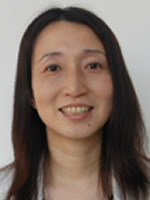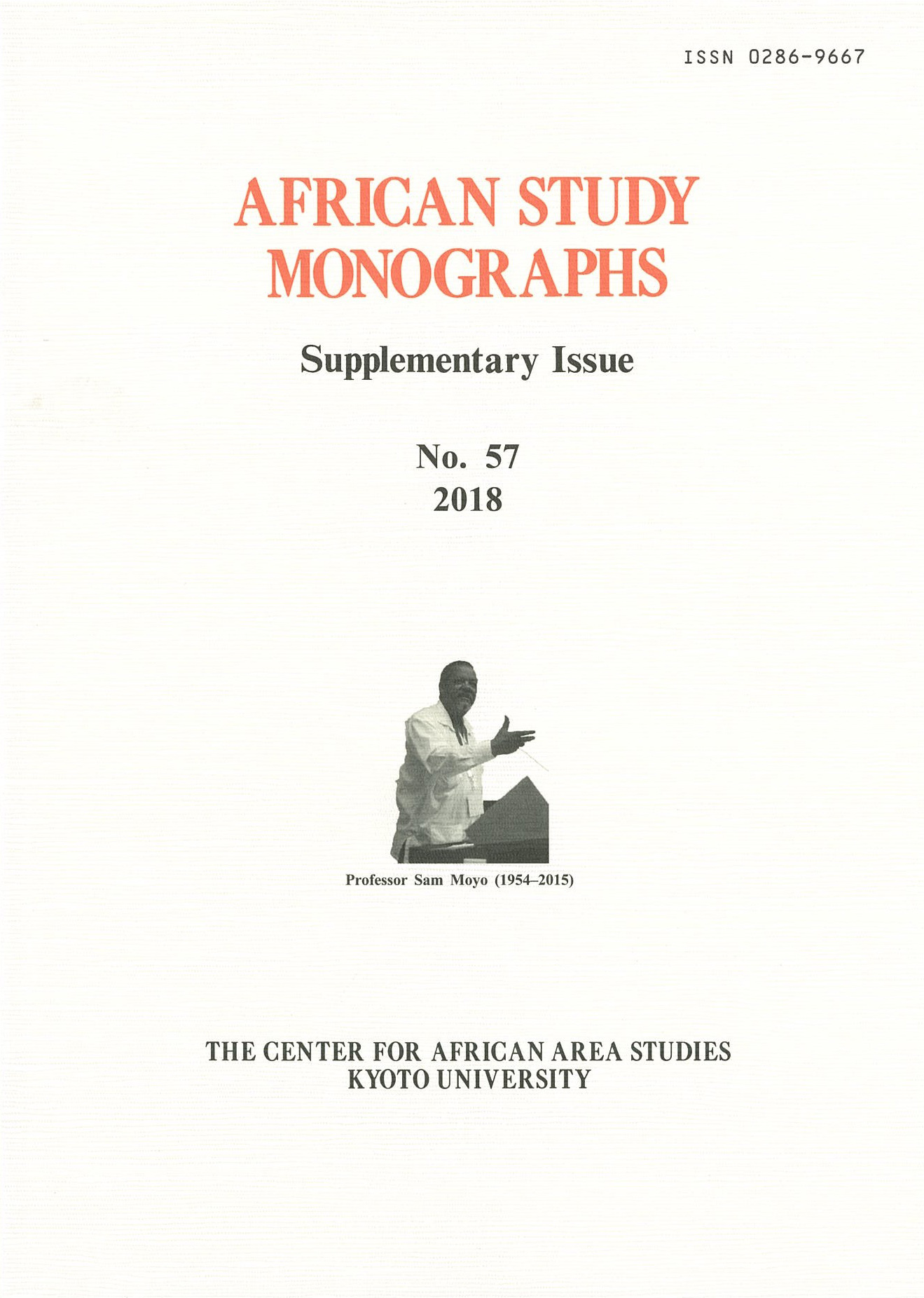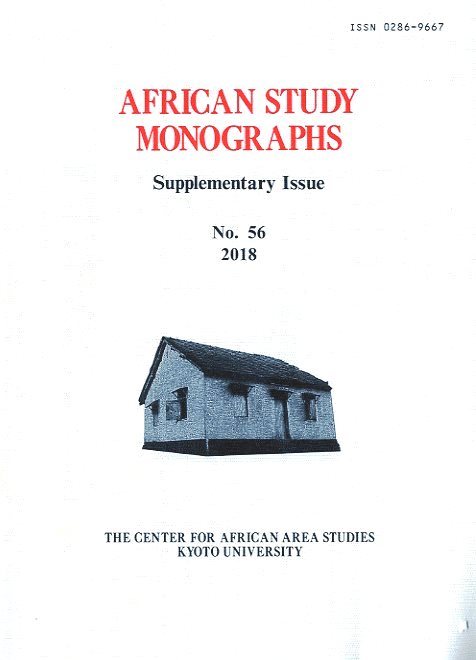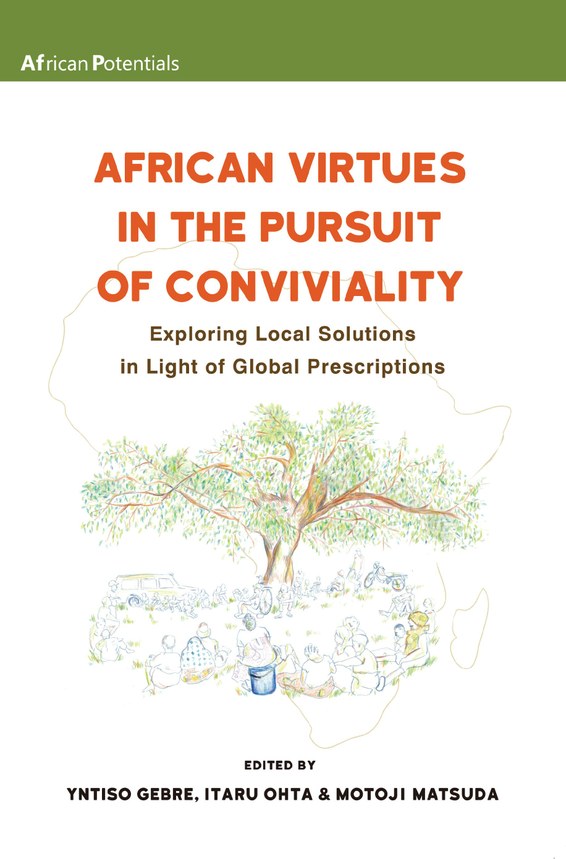 |
Japan International Cooperation Agency (JICA) |
|---|---|
| Research Fields | I have conducted my research and studies in Senegal and Burkina Faso on topics including the analysis of self-sustaining school management policy based on the authorization of power at the school level, mobilization of the community, and parental guardians in the decision-making process for school management; the development of frameworks and tools for comparative analysis of policies; and the capacity building for members of regional authorities and schools required for policy implementation. Currently, I have conducted research in Ghana on support and accountability by the people involved in schools, confidence building among them, and motivation of teachers who play key roles in the improvement of learning. |
| Main Works |
|
Kazuro Shibuya
Akiko Sugiki
 |
Faculty of Law, Keio University |
|---|---|
| Research Fields | I specialize in international politics and African modern politics. I have researched and mainly studied civil wars, ethnic conflicts, refugees, and internally displaced people’s issues in the Horn of Africa region in East Africa. At the same time, I am presently focusing on child soldiers and pirates who play main roles in conflicts, crime, and security issues. I am considering the measures and challenges to prevent conflicts and crimes at community, national, regional, and international levels by conducting research on background and causes among the conflicting parties. |
| Main Works |
|
Motoki Takahashi
 |
Graduate School of Asian and African Area Studies, Kyoto University |
|---|---|
| Research Fields | I have conducted my research on development in Africa to clarify tasks, what measures to take, and what external partners should and should not do. Not only I am interested in economic development, but also social systems and changes in people’s relationships and behaviors. Drawing on my concern about the interactions between individual economic activities and the state changes in the era where the market economy reaches African countries, I am currently interested in people’s perception of national governments’ economic role and the development of spontaneous enterprises through their formalization (i.e., recognition by the state). |
| Main Works |
|
Atsushi Tsujimoto
 |
JICA Research Institute |
|---|---|
| Research Fields | I engaged in practical operations for education development projects conducted by JICA from 2008 to 2016, serving as a member of the JICA Human Development Department, a planning researcher in the JICA Rwanda Office (in charge of human resource development), and an operation coordinator for the Egypt-Japan University for Science and Technology (E-JUST) Foundation Project. I am currently interested in capacity development of educators in countries that have experienced conflicts. I am planning to conduct a study on how the capacity development of teachers has been implemented, with a focus on the life histories of individual teachers in Rwanda, in which the conflicts were experienced over 20 years ago. |
| Main Works |
|
Nobuhide Sawamura
 |
Graduate School of Human Sciences, Osaka University |
|---|---|
| Research Fields | I have conducted research on education quality that could offer life experiences in Sub-Sahara African countries, including Kenya. I have implemented my research with a base in a primary school in the region where the Masai people have lived for over 20 years, with attention paid to the changes caused by the passage of time on the actual state of school enrollment and the school’s role in the community. Recently, I have become interested in the background of the foundation of non-approved private schools in the slums of Nairobi, including their operation and the opportunities for learning provided to the people living in the area. |
| Main Works |
|
Mikako Nishimuko
| Faculty of Language Studies, Teikyo University | |
| Research Fields | I am studying basic education in Sierra Leone and Ghana. I have conducted my research on how the policy and systems have impacted the recipients of the services in reality, with a focus on the children who have been left behind by these services. I am interested in the relationship between people’s lives, sense of value, and choice of action. |
|
Satoshi Terao
 |
Language Education Center / Graduate School of Education, University of Miyazaki |
|---|---|
| Research Fields | I am studying about unofficial languages (such as regional/ethnic languages, migrants’ languages, and Creole) in PALOP (Paises Africanos de Lingua Oficial Portuguesa) countries (including Equatorial Guinea), with a focus on West Africa, and the (multi-)language environments in which these languages are spoken, as well as the language policy or attitude of the government toward these languages. I serve as the lead researcher for the project “Language policy trend in the Republic of Angola in southern Africa”, JSPS Grant-in-Aid for Scientific Research C, for fiscal years 2014 -2016. |
| Main Works |
|
Haruse Murata
 |
|
|---|---|
| Research Fields | I am interested in African literature, especially the novels and children’s literature written in French by African writers from the former French territories. While devoting attention to the historical and social contexts in which the work was written, I have attempted to read out the expression each writer uses to summon the imagination of the readers and to change their view of reality. Writers I have studied in the past include Véronique Tadjo and Bernard Dadié from the Ivory Coast and Emmanuel Dongala from the Republic of Congo. |
| Main Works |
|
Haruka Arii
 |
Hokkaido University of Education (Hakodate Campus) |
|---|---|
| Research Fields | I have conducted my research on changes in the life course of women in the agricultural regions of Ethiopia, with focus on its relationship to dissemination of school education. I am also interested in how individual woman make choices through negotiations with others with respect to schooling, employment, as well as marriage and child birthing. |
| Main Works |
|
Kyoko Cross
 |
Faculty of International Relations, Kyoto Sangyo University |
|---|---|
| Research Fields | I have studied how the local reconciliation concept and its methods of achievement have changed in transitional justice introduced in post-conflict societies. In Africa, I have conducted case studies in South Africa, Sierra Leone, Liberia, and Rwanda. I also have worked on conflict and gender issues. |
| Main Works |
|



